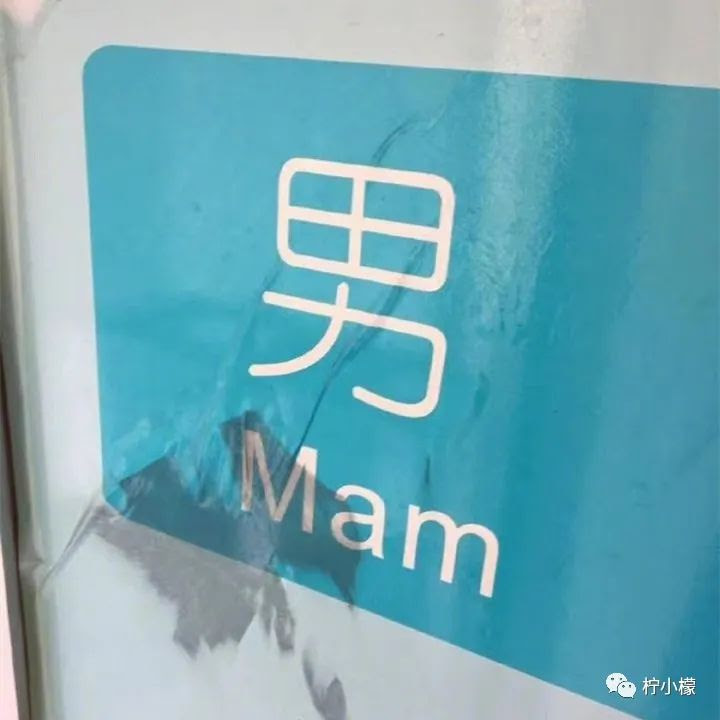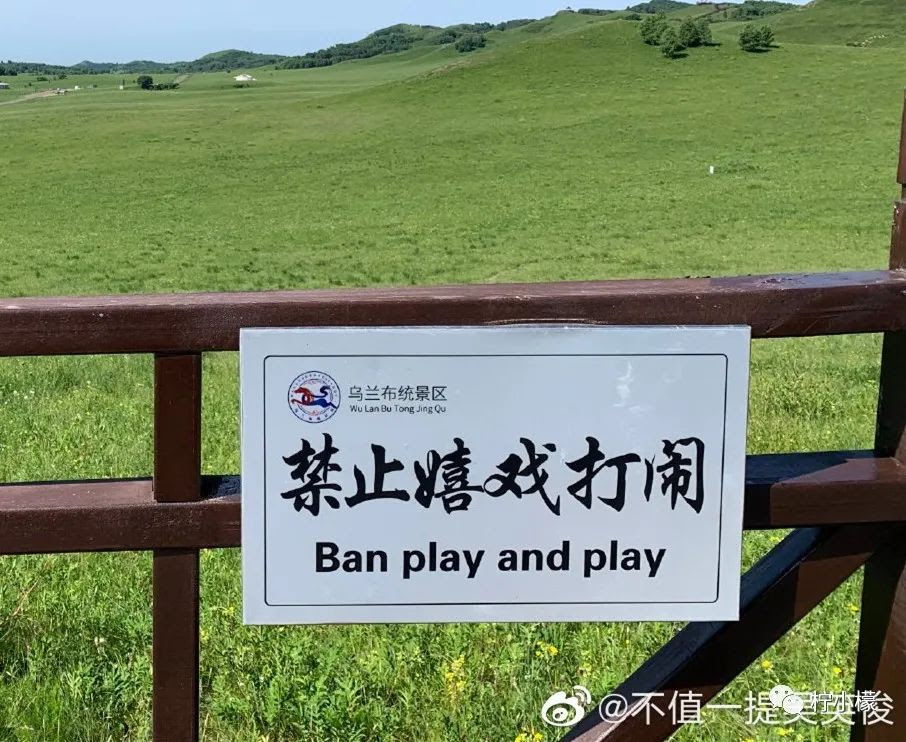Omnibus Chinglish, part 2
Language Log 2022-08-29
More fun with Chinglish examples from WeChat (see part 1 here).
Yantai
 (source)
(source)
This one is all a matter of parsing (the Sinographic orthography is useless for that purpose; the Pinyin is crystal clear):
mièyān tái, not miè Yāntái
灭烟台
"ashtray" (lit., "stand for extinguishing cigarettes"
Yantai is a city of nearly seven million people on the Shandong coast.
The name Yantai (lit. "Smoke Tower") derives from the watchtowers constructed on Mount Qi in 1398 under the reign of the Hongwu Emperor of the Ming dynasty. The towers were used to light signal fires and send smoke signals, called langyan from their supposed use of wolf dung for fuel. At the time, the area was troubled by the Japanese pirates (Wokou), initially raiders from the warring states in Japan but later principally disaffected Chinese. It was also formerly romanized as Yen-tai.
(source)
POINT OF CONTENTION:
In years past, we often had vigorous discussions over whether intonation could override tone in Sinitic and other tonal languages (see "Selected readings" below for a partial bibliography of relevant posts). I'm a firm believer that it does, and that grammar, syntax, pauses, punctuation, emphasis, intended meaning, and other factors also have an impact on the actual pronunciation of utterances in Sinitic.
In the present case, I believe that "mièyān tái", not pronounced exactly the same way as "miè Yāntái".
Mam
nán
男
"man; male"
Cf. Cantonese naam4, Hakka nàm, Minnan lâm, lam5 / nam5, Middle Sinitic /nʌm/, Old Sinitic /*nuːm/.
This is particularly hilarious because "Mam" reminds one of English "Ma'am".
Bibi who is high
bǐbǐ shéi gāo
比比谁高
"Let's see / compare who is taller".
It's not about Netanyahu.
Play and play
jìnzhǐ xīxì dǎnào
禁止嬉戏打闹
"It is prohibited to play around and be boisterous"
More to come!
Selected readings
- "A new kind of iron rice bowl" (7/29/18)
- "When intonation overrides tone, part 5" (9/25/20) — with a very long bibliography of posts on tones, intonation, pronunciation, etc.
- "Double positives, part 2" (5/28/22)
- "Cantonese intonation" (4/30/15)
- "Really?!" (12/27/16) — this is about English, but I'm certain that the same holds for Mandarin
- "Mair's hypothesis on tonal repetition" (7/6/21)
In general, look under Archive for Intonation to find scores of Language Log posts on this subject.


